Best Guide and Tips to Ace the GRE 2024
- Categories Abroad Test Preparation, All Study in Abroad Blogs
- Date May 22, 2024
The Graduate Record Examinations (GRE) contribute to many students aspiring to study abroad. The GRE gives them a competitive edge that helps them enrol in some of the top universities in the world. As a standard eligibility criterion, the GRE demonstrates students’ Verbal Reasoning, Analytical Writing, and Quantitative Reasoning. It is their first step towards the challenging world.
While universities accept results from both paper-based and computer-based exams, the benchmark varies as per their course, faculties and other standards. Not only during admissions, the GRE also helps while seeking scholarships. Clearly, the higher the score, the better will be the opportunities. As a result, students appear for the 3 hours and 45 minutes exam with proper strategy and solid preparation. We have gathered this guide to serve candidates with the necessary administrative procedures, number and types of questions, time duration and tips to ace the GRE 2024.
GRE 2024: Registration
Students can register for the GRE by creating an account on the official website of the Educational Testing Service. The ETS administers the exam and is responsible for your exam date and centre booking, study material, score reports and more. Once they have successfully logged in, candidates can sign up for the general GRE. ETS also offers GRE Subject Tests in Mathematics, Physics and Psychology. Students applying for relevant fields of study can take these instead, in April, September and October. Students can take the general GRE at any time of the year. Once registered, students can book a test date, time and exam centre. They will also be required to submit a valid photo ID while booking as well as present it at the exam centre. Finally, students confirm their details with the standard fee of INR 22,550. Secondly, that for the GRE Subject Test is INR 14,500.
Test Centres
There are over 1,000 GRE test centres in 160+ countries to choose from. Candidates should ideally register from their native region. Alternatively, students can also take the test online at home.
- Andhra Pradesh: Vijayawada, Nizamabad
- Delhi: New Delhi
- Gujarat: Ahmedabad, Gandhinagar, Vadodara
- Haryana: Gurugram
- Karnataka: Bangalore
- Kerala: Cochin, Trivandrum
- Maharashtra: Mumbai, Nashik, Pune
- Tamil Nadu: Chennai, Coimbatore
- Telangana: Hyderabad
- Uttarakhand: Dehradun
- Bihar: Patna
- Madhya Pradesh: Gwalior, Indore
- Uttar Pradesh: Allahabad
- West Bengal: Kolkata
Score Report
After the exams, scores are available on the ETS dashboard within 10-15 days. The GRE scores are valid for 5 years from the exam date. If the score doesn’t match the requirements, candidates can retake the test after 21 days. However, they are only eligible to take the GRE for up to 5 times.
Ace GRE 2024
Work towards a Goal
Universities are specific on the GRE score required for admission. As this score is only the bar, aim at a higher score. Goal setting is crucial for any task. Keeping this goal in mind, candidates can work on strategising their approach to the test. The total GRE score is equally divided into two sections – verbal reasoning and quantitative reasoning. The ideal score as per ETS is 150.37 in Quantitative reasoning, 153.66 in Verbal reasoning and 3.60 in Analytical writing. At the same time, UK universities require an average score of 340, those in Australia need 260 – 340 and Canadian universities need 320-340.
Prepare, Plan and Strategies
The GRE is not only highly competitive but is also hard to crack. The spots fill up really quickly. Getting one in the next 2 months is a matter of luck. So, lock down the timeline beforehand and book your test data and time. Keep in mind that GRE preparation takes 4 weeks to 24 weeks. Taking a GRE diagnostic test could also help understand the momentum. When push comes to shove, it’s always wise to appear a month late than appear unprepared. Furthermore, students can reschedule their exams with an additional fee of INR 5,000.
Study what’s on the Test
This is where those obsessive mock tests will come in handy. Simply learning for an entrance exam is not enough. They all have different patterns and question types which students must account. The GRE has multiple answer choices, questions where you have to fill in a numerical answer, quantitative comparisons and so on. Decode the pattern from practice tests and study accordingly. Whatever topic you pick, the knowledge is infinite. Map out the sections and their scales and study only the concepts under the GRE syllabus. While it’s good to learn everything, the time won’t permit you to do so. Nor does the GRE require you to.
Start Learning
Focus on the subject you’re applying for. The marks in your future subject will matter more than the rest. That being said, you are to pay attention to the rest of the subjects and topics too! Exceptionally, students must focus on studying vocabulary as the GRE relies on some heavy vocabulary words. Familiarising yourself with the question pattern with the practice and mock tests will greatly contribute to your preparation. Consider taking at least one each week to keep up with the marathon.
Choose a Reliable Mode of Learning
Students can choose to self-study or take online and in-person tuitions. If you are highly motivated and dedicated to your goals, taking control of the entire process will be the best thing to do. Self-study helps with better structure and division of students’ time to draw more focus on where they lack. Students can access free resources online or study under the guidance of learning apps. But if you lack quality resources or, simply, the push you need, opt for online or in-person tuition. They would not only help you identify your strengths and weaknesses but also assign lessons and practices for your pain points.
However, don’t fall into the rat’s trap with the institute’s or teacher’s shiny records posted online and do your research well. Another point to note, online programs are usually cheaper than private tutors. But if you are looking for more one-on-one attention, opt for a private tutor.
Compile Quality Study Resources
Books or tutors – make sure that they are not asking you to mug up but gain in-depth knowledge. The study materials properly explain as to which answers are correct and why. Secondly, maintain personal notes for revision. Keeping a log will also help to gauge improvement and pain points. Keep a record of your learnings and, more, your mistakes.
Work around the Clock
Though unlikely, you might know each answer for your GRE questions. You still have an enemy chasing you – the time! Study around the clock to know which sections are taking you longer. It might also be a good way to keep track of time and not dwell on one topic too much. Time all your tests and evaluate your performance. Draw out weaknesses to work on them harder.
Put in Time for Score Improvement
Experts estimate that it takes 40 hours to get an increase of 5 points in one section or 2-3 points in each section. The same jumps to 80 hours for 10 points, 160 hours for 20 points and 240 hours for 30 points. Statistically, to get a score of 260, you need a preparation of 2.5 to 3 months if you start with absolutely nothing. If you are already skilled and are quick to pick up new things, you can do wonders.
At the Exam Centre
It is show time! All your hard work will pay off on this very day. Have a nice breakfast before leaving for the exam centre. Reach about 30 minutes before the scheduled time to complete all pre-exam procedures and maybe have a quick look through your notes.
When the time hits the clock, start going through the questions calmly. As there is no negative marking applied to any questions, answer each. Yes, even if you are unsure about the response. Move in pace with the clock; if the question takes longer time to solve, move on to the next one. You can always circle back to the remaining ones when you are done with the last one.
Have a query? Connect with us on (+91) 079 6000 6000 | (+91) 9624000201 today!
You may also like

Ireland Intake 2024-25: Universities & Preparation Timeline

TOEFL Scoring System and Validity


